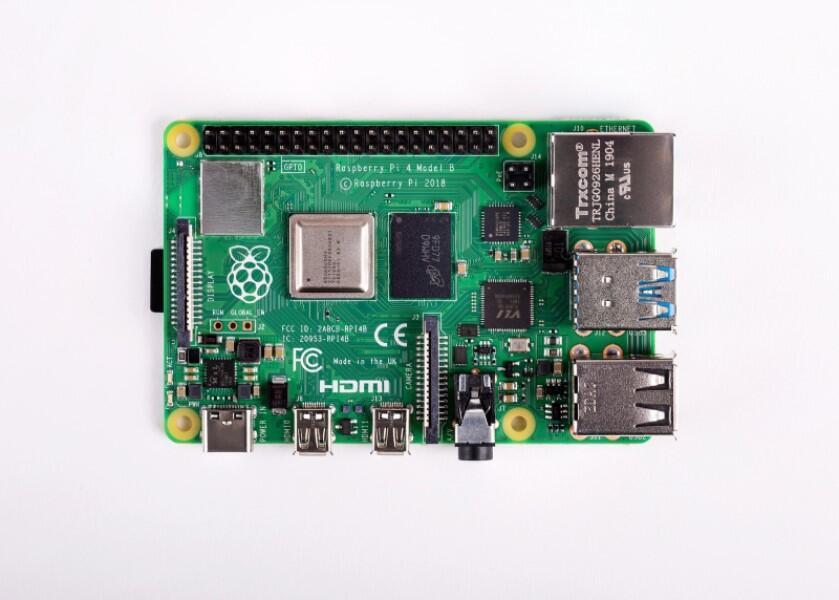python machine and deep learning
 raspberry Pi
raspberry Pi4 owners can now train their own custom models using Edge Impulse's cloud-based development platform for machine learning on edge devices. Image: Raspberry Pi Raspberry Pi is a capable little machine, but if you're interested in developing your own embedded machine-learning applications, training custom models on the platform has historically been tricky due to the Pi's limited processing power. But things have just taken a big step forward. Yesterday, boundary caprice,
the cloud-based development platform for machine learning on edge devices, announced its foray into embedded Linux with full, official support for the boo Pi 4
. As a result, users can now upload data and train their own custom machine-learning algorithms in the cloud, and then deploy them back to their Raspberry Pi. SEE: C++ programming language: How it became the foundation for everything, and what's next (rid PDF)
(TechRepublic)
four fresh machine-learning software development kit (SDKs) for raspberry Pi are available workweek, include C++, Adam, Node.js and Python, let functionrs to plan their own custom application for inferencing. support for aim detection has also been lend, intend raspberry Pi owners can habit camera data capture on their device to train their own custom object detection algorithms, instead of having to rely on 'stock' categorization model.
This will allow developers to build their own computer vision applications, either by using a Raspberry Pi camera or by plugging a webcam into one of the Raspberry Pi 4's USB slots. Edge Impulse demonstrated the new machine-learning capabilities in a video
that showed one of its engineers building a system capable of recognizing multiple objects through a camera from scratch, before deploying it back to a Raspberry Pi. As well as collecting data from a camera microphone, the new SDKs allow users to capture data from any other type of sensor that can be connected to Raspberry Pi, including accelerometers, magnetometers, motion sensors, humidity and temperature sensors -- the list goes on. Alasdair Allan, Raspberry Pi's technical documentation manager, allege
that while performance metrics for Edge Impulse were "promise
", it still fell a little below that which they'd seen using Google's TensorFlow Lite framework, which also allows users to build machine-learning models for deep-learning tasks like image and speech recognition on the Raspberry Pi. SEE: boo Pi and machine learning: How to get startle
(TechRepublic) However, Allan noted that the huge variety in data types and use cases for machine-learning applications made it "really hard to compare performance across even very similar models."
He add: "raw edge caprice announcement offer two very critical thing: a cradle-to-grave framework for gather data and education model then deploying these custom model at the edge, together with a layer of abstraction.
"Increasingly we're seeing deep learning eating software as part of a general trend towards increasing abstraction, sometimes termed lithification, in software. Which sounds intimidating, but means that we can all do more, with less effort. Which isn't a bad thing at all." TechRepublic UK Newsletter A weekly update of all the essential technology news from the UK and Europe. Wednesdays Sign up today Also see
